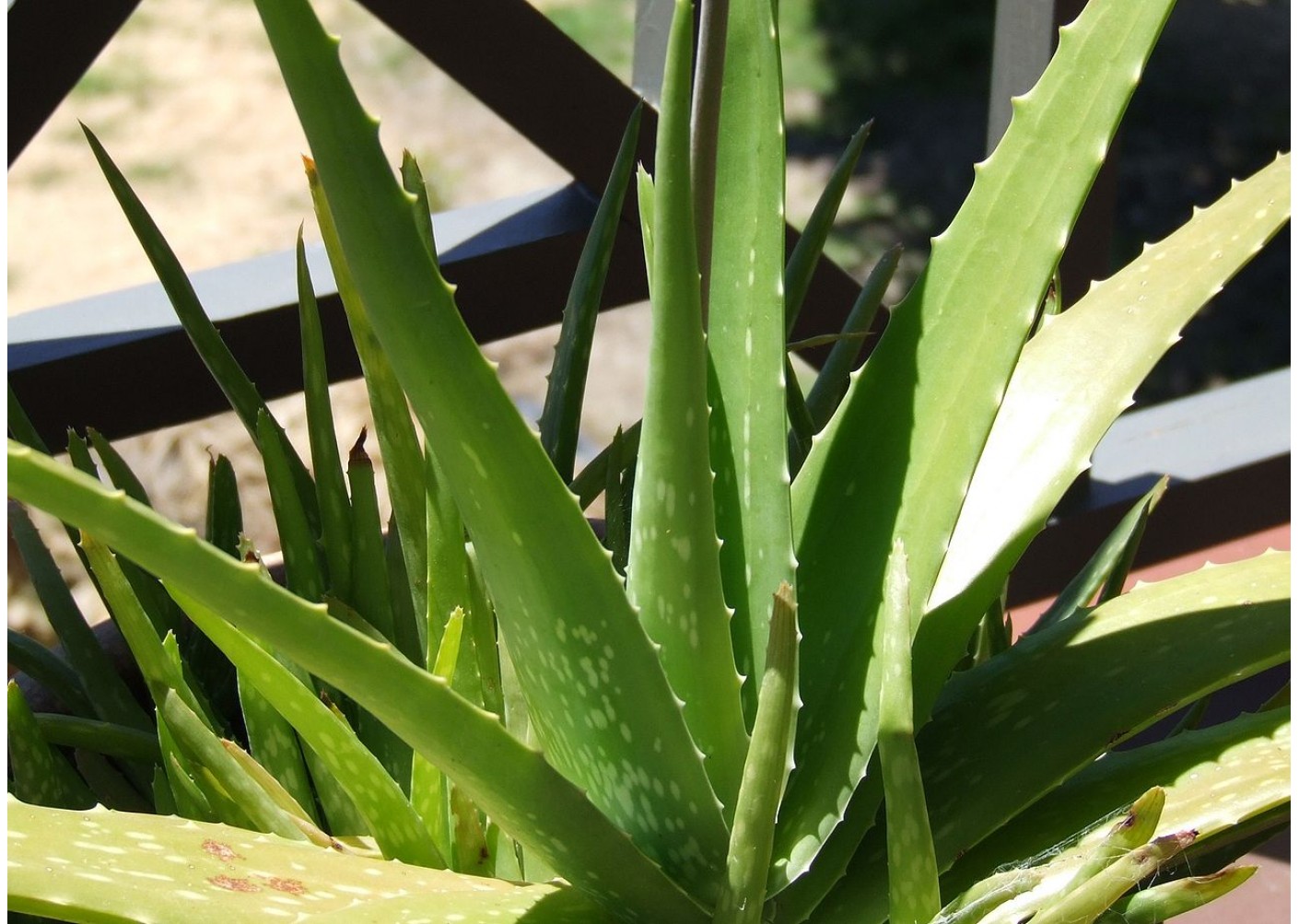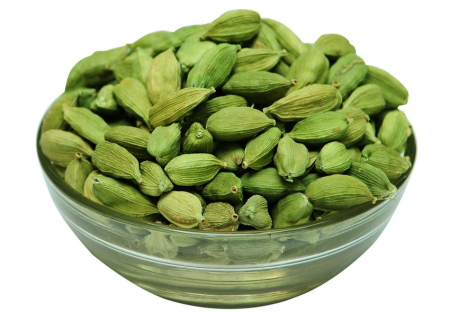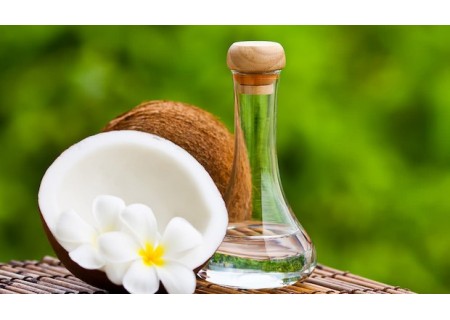Amazing Benefits and Uses for Aloe Vera

The succulent plant has a long history of medicinal use, dating back to ancient Egypt. The plant is native to North Africa, Southern Europe, and the Canary Islands. Today, aloe vera is grown in tropical climates around the world. From relieving heartburn to potentially slowing the spread of breast cancer, researchers are just beginning to discover the benefits of this universal herb and its many by-products.
The aloe vera Gel is what has all the goodness of the plant and is extracted from the leaf to be used in varied forms. From good health to good skin and hair, aloe vera gel serves us in a wholesome fashion.
Heartburn relief
Gastroesophageal reflux disease (GERD) is a digestive disorder that often leads to heartburn. A 2010 review found that consuming 1 to 3 ounces of aloe gel with meals could reduce the severity of GERD. It can also help alleviate other digestive problems. The plant's low toxicity makes it a safe and gentle remedy for heartburn.
Keeping produce fresh
A 2014 study published online by Cambridge University Press looked at tomato plants coated in aloe gel. The report showed that the coating successfully blocked the growth of many types of harmful bacteria on vegetables. Similar results were found in another study with apples. This means that aloe gel can help keep fruits and vegetables fresh and eliminate the need for dangerous chemicals that extend the shelf life of produce.
An alternative to mouthwash
A 2014 study published by researchers found aloe vera extract to be a safe and effective alternative to chemical-based mouthwashes. The plant's natural ingredients, including a healthy dose of vitamin C, can block plaque. It can also provide relief if you have bleeding or swollen gums.
Lowering your blood sugar
According to a study in Phytomedicine: International Journal of Phytotherapy and Phytopharmacy, consuming two tablespoons of aloe vera juice a day can cause blood sugar levels to drop in people with type 2 diabetes. This could mean that aloe vera could have a future in the treatment of diabetes. These results were confirmed by another study published in Phytotherapy Research that used pulp extract.
But people with diabetes, who take glucose-lowering medications, should use caution when consuming aloe vera. Since the juice decreases sugar levels drastically, having it along with diabetes medication can make your glucose levels dip dangerously.
A natural laxative
Aloe vera is considered a natural laxative. Several studies have looked at the benefits of succulents to aid digestion. The results seem contradictory.
A team of Nigerian scientists conducted a study in rats and found that gel made from typical aloe vera houseplants could relieve constipation. But another study from the National Institutes of Health looked at the consumption of whole aloe vera leaf extract. These results indicated tumor growth in the colon of laboratory rats.
In 2002, the US Food and Drug Administration required that all over-the-counter aloe laxatives be removed from the US market or reformulated.
The Mayo Clinic recommends using aloe vera to relieve constipation but in moderation. They recommend that a dose of 0.04-0.17 grams of dry juice is sufficient.
If you have Crohn's disease, colitis, or hemorrhoids, you should not consume aloe vera. It can cause severe abdominal cramps and diarrhea. You should stop taking aloe vera if you are taking other medications. It may decrease your body’s ability to absorb the drugs.
Skincare
You can use aloe vera to keep your skin clean and hydrated. This may be because the plant thrives in dry and unstable climates. To survive the harsh conditions, the leaves of the plant store water. These waterproof sheets, in combination with special plant compounds called complex carbohydrates, make them an effective moisturizer for the face and a pain reliever too.
Potential to fight breast cancer
A new study published in Evidence-Based Complementary and Alternative Medicine examined the therapeutic properties of aloe-emodin, a compound found in the leaves of the plant. This succulent plant has the potential to slow the growth of breast cancer. However, more studies are needed to further advance this theory.
There are several ways to use the aloe vera plant and the various gels and extracts that can be made from it. Researchers are continuing to discover new methods to put this succulent to use. Be sure to consult your doctor if you plan to use aloe vera medicinally, especially if you take medication. For any superficial use, aloevera is now even available in the form of gels and creams. Aloe Vera juice is now available at supermarkets to make it easily accessible by those who cannot really grow or access the plant in its natural form.
If you are sitting cocooned away in your highrise in a metro city somewhere in India with absolutely no access to an aloe vera plant, don’t worry! We have you covered with our wide range of Aloe Vera-based products procured from the best resources from all over the country with the motive of providing our customers with the best. Best quality aloe vera products are just a click away.


